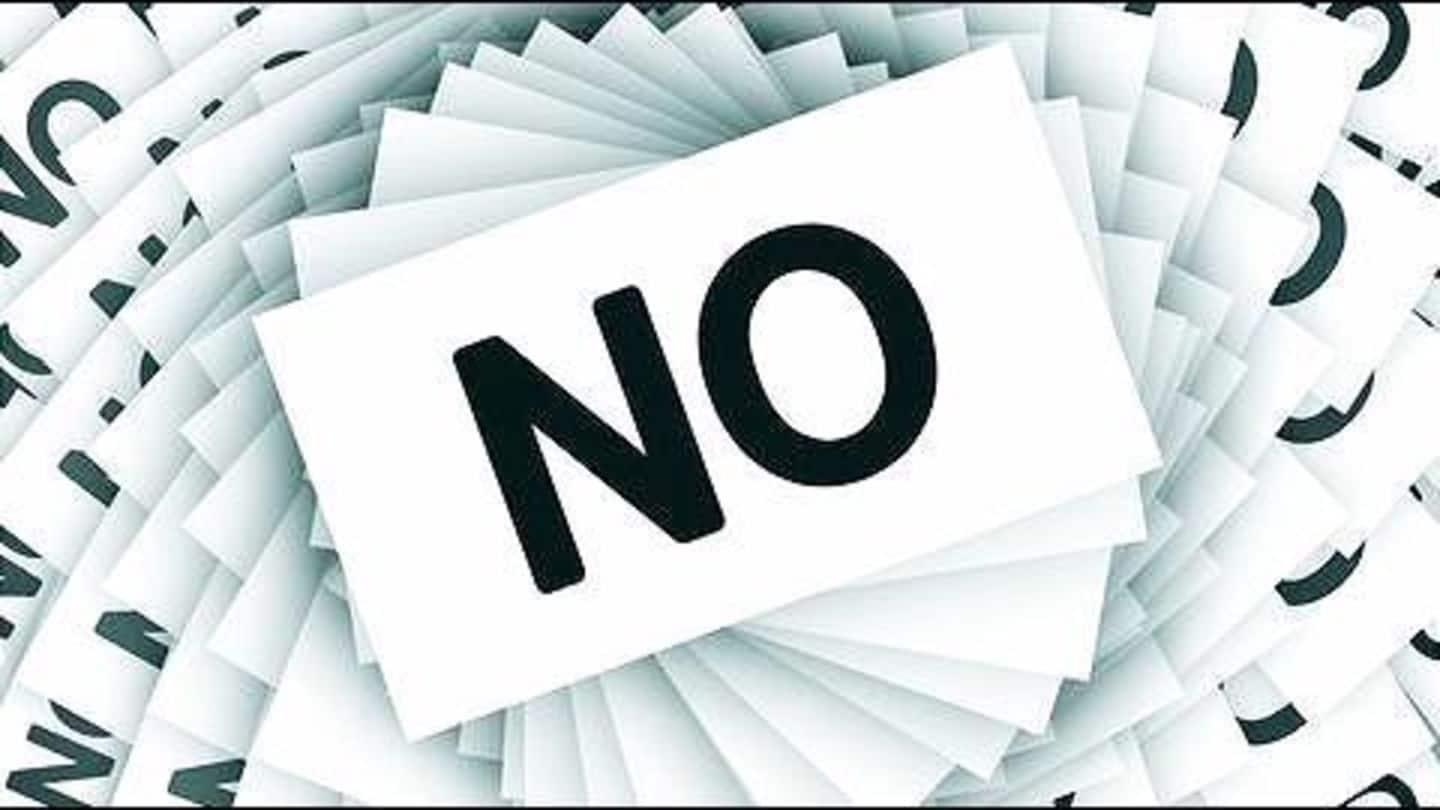
Consumption of alcohol, not a fundamental right: Kerala HC
What's the story
Upholding the liquor policy adopted by the previous UDF government, the Kerala High Court ruled that alcohol consumption is not a fundamental right.
A division bench delivered its verdict on a writ petition filed by Anoop MS.
He challenged the liquor policy saying there is no provision in the Abkari Act that allows the government to prohibit liquor, even in a phased manner.
Introduction
Alcohol prohibition in a phased manner
In 2014, Kerala Chief Minister Oommen Chandy announced the state will implement alcohol prohibition in a phased manner.
Liquor bars in Kerala had to renew licenses annually, but the government didn't license any bar in 2014 resulting in the closure of 418 bars.
It also announced state-owned Kerala State Beverages Corporation (BevCo), which had 338 shops (2014), would close 10% of them every year.
2014-16
Proposal to regulate alcohol consumption
In Kerala, however, sale of alcohol continued to be permitted in five-star hotels; as of Aug'14, there were 14 such hotels.
In 2016, new Kerala CM Pinarayi Vijayan said that their studies showed the total prohibition wasn't applicable so they would enforce on regulating alcohol consumption.
He proposed a plan to regulate consumption using Aadhar cards to a maximum of 14 units per week.
2016
Writ petition filed in Kerala HC
Anoop of Kerala's Valayanchirangara filed writ petition in Kerala HC challenging the government's liquor policy.
He claimed alcohol is his daily diet and makes him "rejuvenated, relaxed, and physically fit."
He said the policy stipulates phased reduction in the number of liquor outlets, which is equal to indirectly prohibiting consumption.
He contended alcohol consumption is a personal choice, a facet of right to privacy.
Quote
Hamletian dilemma
The Kerala HC heard the petition on 29 Sep'16 and delivered its judgment on 12 Jan'17. The court said: "To drink or not to drink. That is the Hamletian dilemma of Anoop. He has chosen to drink."
Fundamental Rights
Right to consume alcohol can't override government's duty to prohibit
The Kerala HC said, a person's right to consume alcohol, as part of the right to privacy, can't override the government's duty to prohibit the same, according to the Constitution.
The court has observed, "He (Anoop) rails at the rules that obstruct his passion for the pint, his right to choose, to be let alone, to privacy, and, of all, his right to life."
Quote
The court's order
"He (Anoop) claims that the laws prohibiting alcoholic drinks fall foul of the fundamental rights guaranteed to a citizen, to him. Do they? Our answer: No."
Argument
Kerala Government misused its dominant position: Counsel
Anoop's counsel contended that the Kerala Government misused its dominant position by introducing the Abkari Policy.
The counsel argued the government has no authority to "prohibit a lawful activity, and indirectly at that."
The court considered the petition on the ground that the petitioner claimed the policy violates the fundamental right to privacy and the right to life and personal liberty (Article 21).
Article 47
Privacy doesn't prevail over social welfare: Kerala HC
The court pointed out Article 47 of the Constitution asks the government to try for the prohibition of intoxicating drinks as part of Directive Principles.
Directive Principles override a citizen's right unless the fundamental right affected is "nothing short of quintessence of the individual's being, his existence."
It added no judgment till date stipulated that privacy (individual right) prevails over social welfare (collective right).